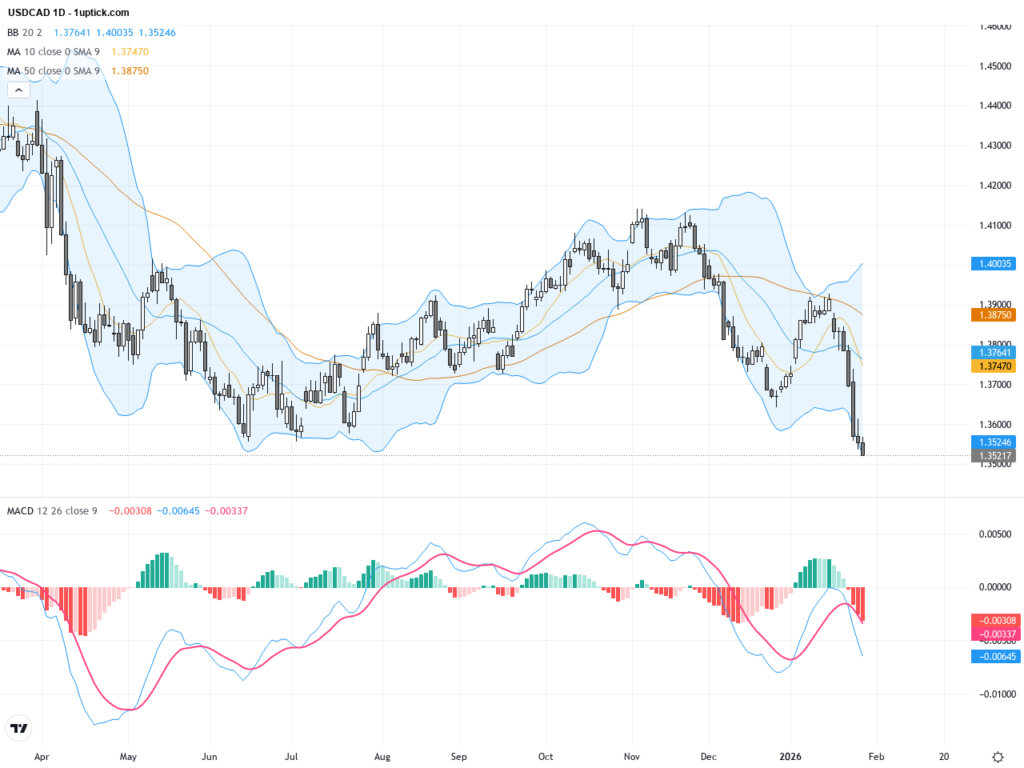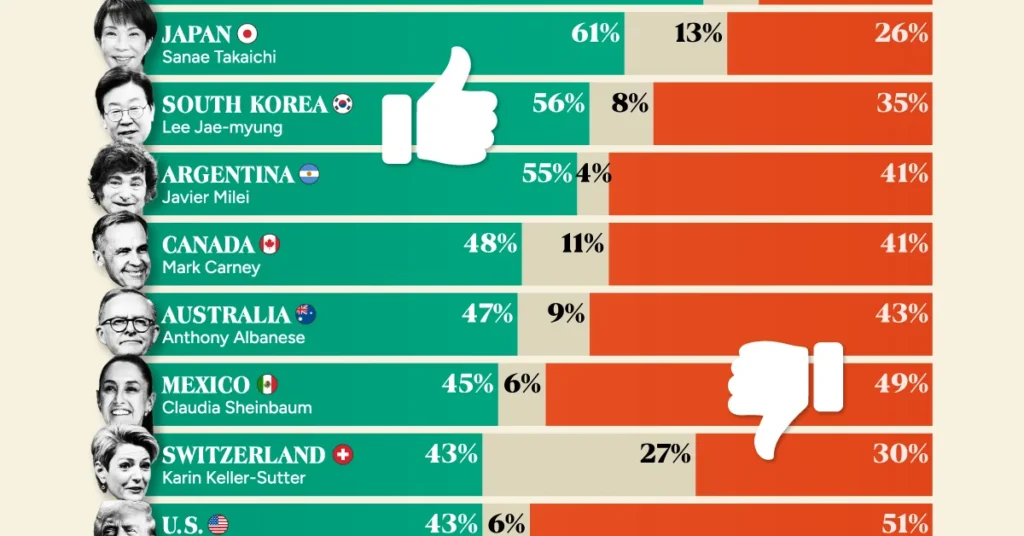 |
| Gold V.1.3.1 signal Telegram Channel (English) |
Trump’s 25% Tariff on Canada and Mexico: What It Means for You

Trump’s 25% Tariff on Canada and Mexico: What It Means for You
2025-03-04 @ 14:17
Trump’s 25% Tariff on Canada and Mexico: Economic Impact and Industry Reactions
Understanding the New Tariff Policy
The Trump administration has officially announced a sweeping tariff implementation, imposing a 25% tariff on imports from Canada and Mexico. Additionally, there will be a 10% tariff on Chinese goods. These tariffs are set to go into effect on March 4, 2025.
According to the White House, these measures are intended to address what President Trump has referred to as a national emergency—specifically, the uncontrolled influx of illegal immigration and fentanyl into the United States. By imposing these tariffs, the administration hopes to hold Canada, Mexico, and China accountable for their roles in these ongoing issues.
Economic Impact of Tariffs on the U.S.
Market analysts are raising concerns over the broad economic consequences of these tariffs. Since Canada and Mexico are two of the largest trade partners of the U.S., these tariffs could disrupt supply chains, increase costs for consumers, and impact inflation.
Some key economic consequences include:
The U.S. relies on Mexico for $38.5 billion in agricultural imports, including essential produce such as avocados, tomatoes, and cucumbers. A tariff on these imports will likely drive up grocery prices across the country. Moreover, with 70% of U.S. crude oil imports coming from Canada and Mexico, gasoline prices could also rise, impacting transportation and logistics costs nationwide.
Challenges for the Automotive Industry
The automotive industry stands to be one of the hardest-hit sectors due to substantial reliance on parts and raw materials from Mexico and Canada. The implementation of these tariffs could lead to:
Experts warn that these added costs could make U.S.-manufactured vehicles less affordable and less competitive against foreign alternatives.
Global Trade Tensions and Potential Retaliation
It is highly likely that Canada and Mexico will take countermeasures in response to the tariffs. Some of the expected retaliatory moves include:
Trade experts caution that a retaliatory trade war could cause global supply chain disruptions and slow down trade between the nations. A drawn-out trade dispute may have wider implications on economic growth and business sentiment worldwide.
Stock Market and Consumer Reactions
Financial markets have already reacted negatively to this news, with stocks in key sectors experiencing a downturn. Investors fear that these tariff policies could stifle economic growth and pressure businesses that depend on international trade.
Consumers should brace for potential price increases in common everyday expenses, including:
Market analysts suggest that the long-term impact on consumer behavior will depend on whether trade relations stabilize or continue to escalate.













